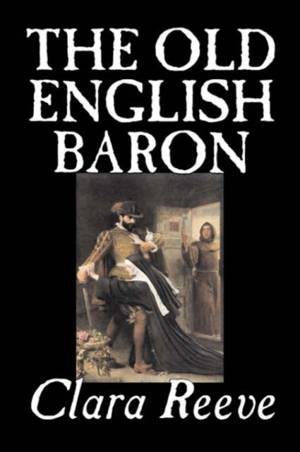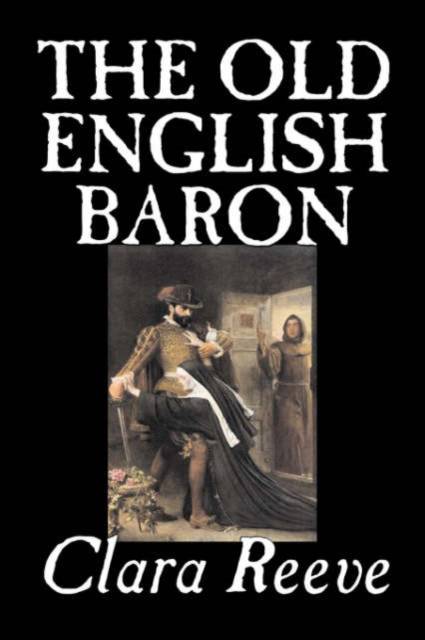
- Retrait gratuit dans votre magasin Club
- 7.000.000 titres dans notre catalogue
- Payer en toute sécurité
- Toujours un magasin près de chez vous
- Retrait gratuit dans votre magasin Club
- 7.000.000 titres dans notre catalogue
- Payer en toute sécurité
- Toujours un magasin près de chez vous
Description
Clara Reeve (1729-1807), novelist, was the author of several novels, of which only one is remembered -- The Old English Baron (1777), written in imitation of, or rivalry with, the Castle of Otranto by Horace Walpole, 4th Earl of Orford, with which it has often been printed. Her novel has noticeably influenced Mary Shelley's Frankenstein. Her innovative history of prose fiction, The Progress of Romance (1785), can be regarded generally as a precursor to modern histories of the novel and specifically as upholding the tradition of female literary history.
From the Preface:
This Story is the literary offspring of The Castle of Otranto, written upon the same plan, with a design to unite the most attractive and interesting circumstances of the ancient Romance and modern Novel, at the same time it assumes a character and manner of its own, that differs from both; it is distinguished by the appellation of a Gothic Story, being a picture of Gothic times and manners. . . . A man shall admire and almost adore the Epic poems of the Ancients, and yet despise and execrate the ancient Romances, which are only Epics in prose.
When your expectation is wound up to the highest pitch, these circumstances take it down with a witness, destroy the work of imagination, and, instead of attention, excite laughter. I was both surprised and vexed to find the enchantment dissolved, which I wished might continue to the end of the book; and several of its readers have confessed the same disappointment to me: The beauties are so numerous, that we cannot bear the defects, but want it to be perfect in all respects.
Spécifications
Parties prenantes
- Auteur(s) :
- Editeur:
Contenu
- Nombre de pages :
- 132
- Langue:
- Anglais
Caractéristiques
- EAN:
- 9781598183801
- Date de parution :
- 01-11-06
- Format:
- Livre relié
- Format numérique:
- Genaaid
- Dimensions :
- 152 mm x 229 mm
- Poids :
- 335 g







